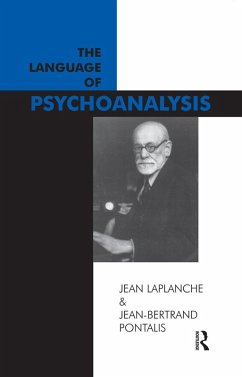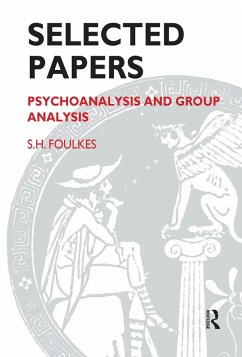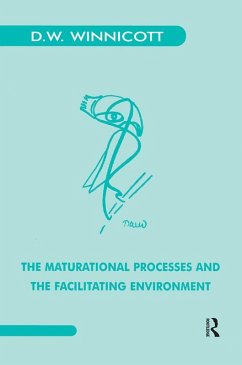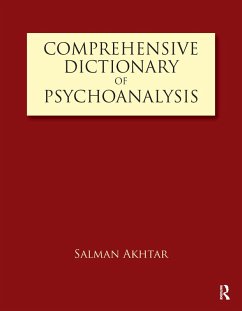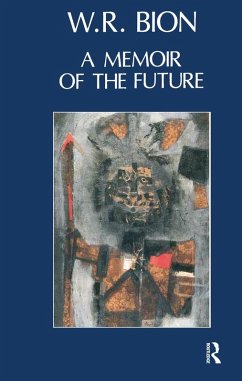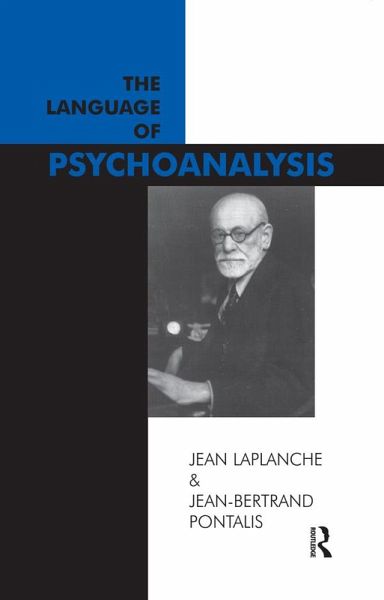
The Language of Psychoanalysis (eBook, ePUB)
Versandkostenfrei!
Sofort per Download lieferbar
58,95 €
inkl. MwSt.
Weitere Ausgaben:

PAYBACK Punkte
29 °P sammeln!
Sigmund Freud evolved his theories throughout his lifetime. This entailed many revisions and changes which he himself never tried to standardise rigidly into a definitive conceptual system. The need for some sort of a reliable guide which would spell out both the pattern of the evolution of Freud's thinking, as well as establish its inherent logic, was felt for a long time by both scholars and students of psychoanalysis. Drs Laplanche and Pontalis of the Association Psychanalytique de France succeeded admirably in providing a dictionary of Freud's concepts which is more than a compilation of m...
Sigmund Freud evolved his theories throughout his lifetime. This entailed many revisions and changes which he himself never tried to standardise rigidly into a definitive conceptual system. The need for some sort of a reliable guide which would spell out both the pattern of the evolution of Freud's thinking, as well as establish its inherent logic, was felt for a long time by both scholars and students of psychoanalysis. Drs Laplanche and Pontalis of the Association Psychanalytique de France succeeded admirably in providing a dictionary of Freud's concepts which is more than a compilation of mere definitions. After many years of creative and industrious research, they were able to give an authentic account of the evolution of each concept with pertinent supporting texts from Freud's own writing (in the Standard Edition translation), and thus have endowed us with an instrument for work and research which is characterised by its thoroughness, exactitude and lack of prejudice towards dogma. The Language of Psychoanalysis is an established classic that will long continue to be of invaluable use to both the student and the research-worker in psychoanalysis.
Dieser Download kann aus rechtlichen Gründen nur mit Rechnungsadresse in A, B, BG, CY, CZ, D, DK, EW, E, FIN, F, GR, HR, H, IRL, I, LT, L, LR, M, NL, PL, P, R, S, SLO, SK ausgeliefert werden.




